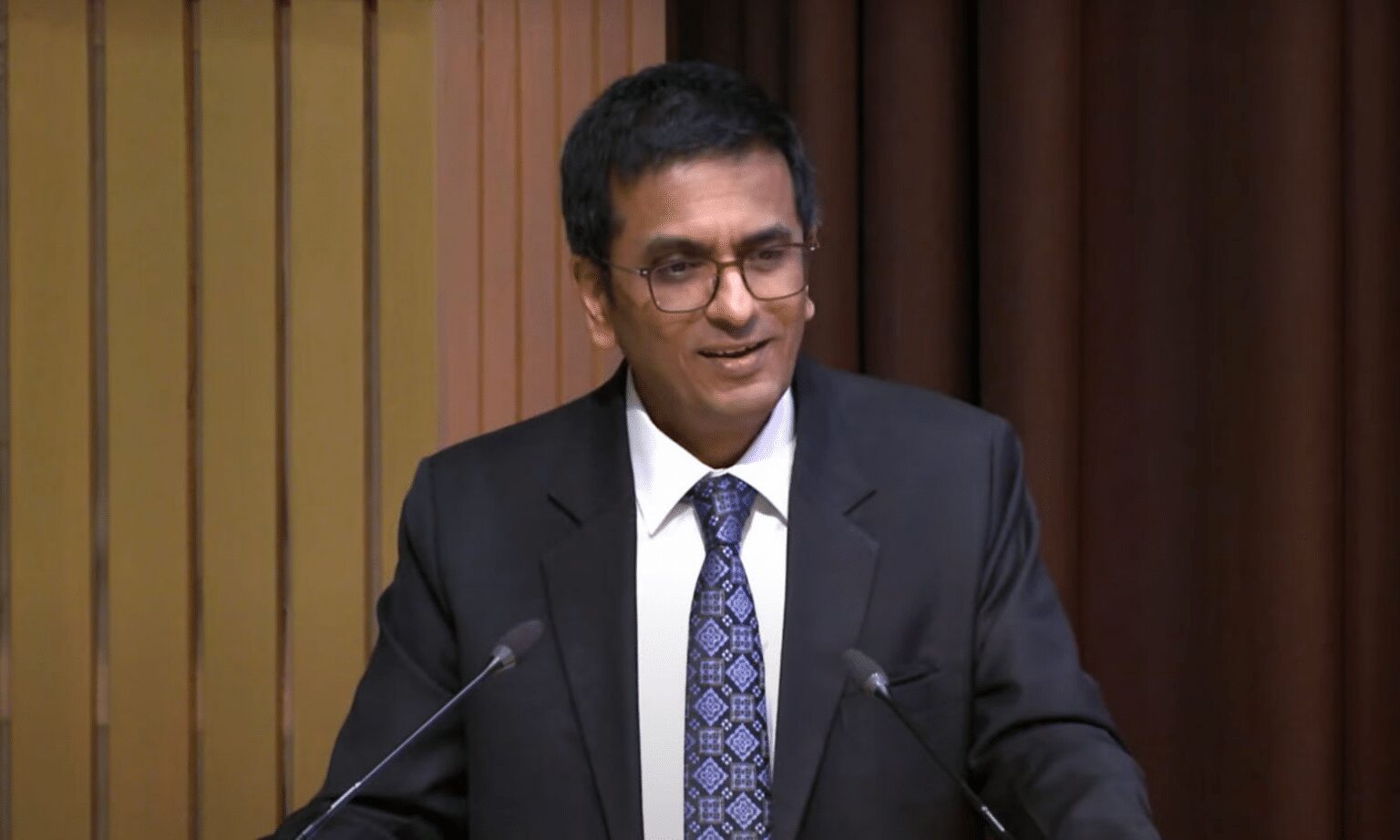On Saturday, the Chief Justice of India, DY Chandrachud pointed out that there have been many barriers to accessing legal education and entering the legal profession. The CJI took the Common Law Admission Test (CLAT) as one of the examples.
The CJI said, ‘Only those people can crack CLAT who have access to English schools and good schools. Access to the legal profession? We are laying down barriers.
He was speaking at a function in Mumbai, where he was felicitated by the Bar Council of Maharashtra and Goa. He addressed multiple issues, regarding the Legal profession, which highlighted the issues faced by the people of the Legal domain, and the ones who are pursuing this degree.

Barriers in Legal Profession
He stressed the need for live streaming of the Court proceedings, as an opportunistic step towards the advancement of technology as well as a wide array of knowledgeable platforms and exposure to today’s youth. He also stated that on access to knowledge platforms, the live streaming of court proceedings would also help those who are struggling with their subjects and are finding their professors insufficient to make them well-versed with the subjects.
CJI Chandrachud gave an explanation on this part saying, “The reason I am told why we should not have lie streaming is that the lawyer will indulge in theatrics. I am not such a cynic. Of course, there will be theatrics, but then the reason is that there will be access to knowledge in law schools that do not have good professors. They can watch any case, and maybe have a discussion in the class.”
During his speech, he said that the legal profession now has feudal remains. He also highlighted the high enrollment fees.
Hard Working of Young Members
He also spoke about the hardworking interns and compensating the young members of the bar well. “I am asked always, why pay so much? One must recognize the value of their intern or lawyer. We must look upon young people as someone who will have valuable contributions to insight. Unless we start paying juniors, we cannot have a democratized bar,” he said. He imparted importance on the thought process of the young lawyers at the bar, who could bring wonders to the table during the court proceedings. This would enable the judges to take a glance at how the thoughts of these budding lawyers process.

He recently also enquired about the salaries that the young lawyers get paid and considered the young generation as equally important as they are the ones who will lead the world in the upcoming years.
“I always encourage junior lawyers to mention matters in my court. I was asked over tea why I do it. I had 60 mentioning matters and that rose to 110. I was asked why to waste time on such things when one can engage in other work. But my belief is, with the junior lawyers, one gets to know what is the thought process of the youngsters,” he said.

Chief Justice Chandrachud looked upon the junior lawyers to make valuable contributions and emphasized the importance of adequately compensating them while he addressed the issues in his speech. He also said, “One must recognize the value of an intern or a lawyer.”













